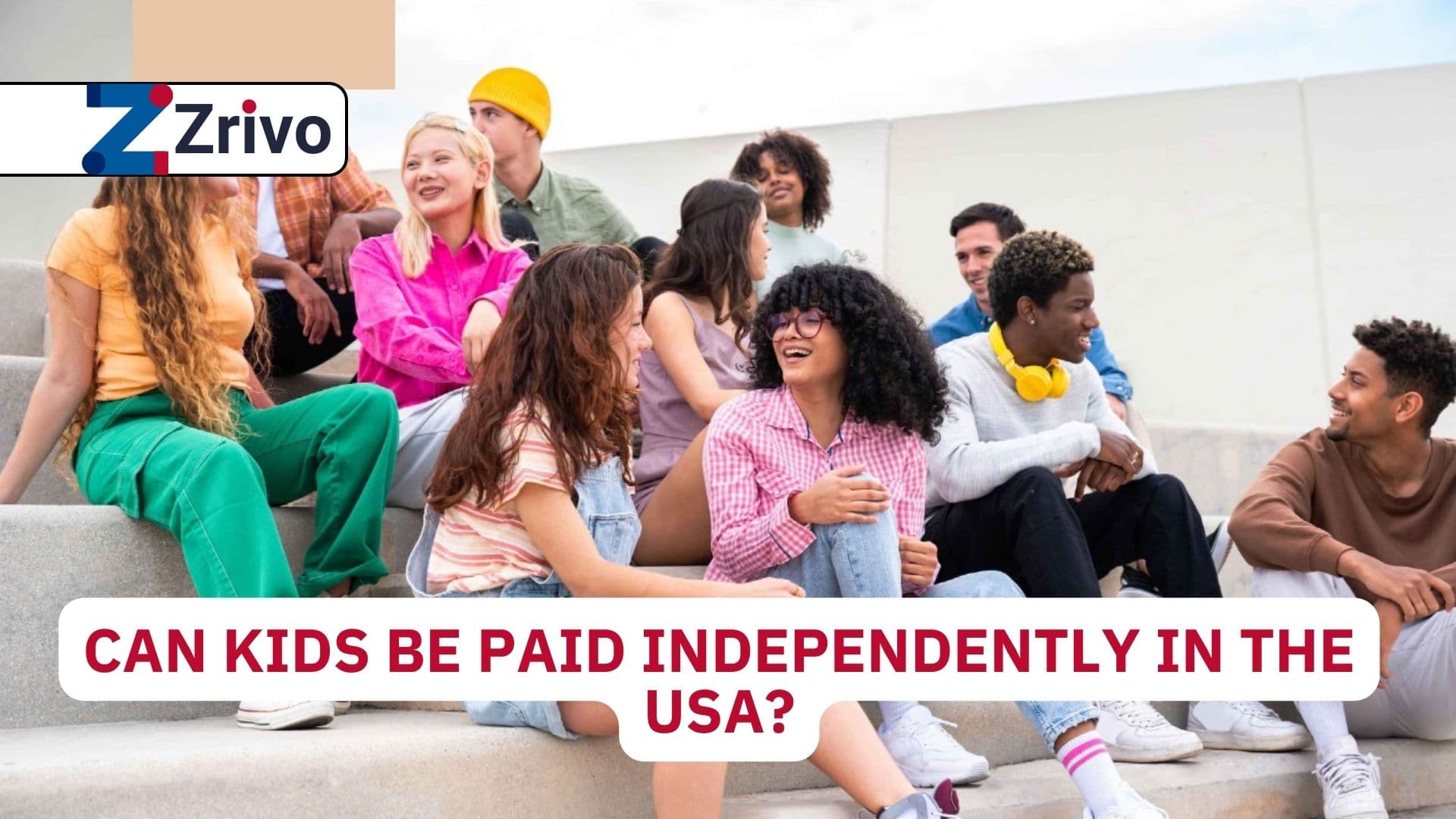The question of whether kids can be paid independently in the USA is a multifaceted issue that involves understanding child labor laws, tax implications, and parental rights. In the United States, minors are allowed to work and earn money, but there are strict regulations in place to protect their welfare and ensure that their education is not compromised. These regulations vary by state and are governed by both federal and state laws, primarily under the Fair Labor Standards Act (FLSA). The FLSA sets forth guidelines regarding the minimum age for employment, the types of jobs minors can perform, and the hours they are permitted to work. Additionally, parents who wish to employ their children must navigate tax considerations and ensure compliance with labor laws.
Understanding Child Labor Laws
Child labor laws in the U.S. are designed to protect minors from exploitation while allowing them to gain work experience. The FLSA establishes minimum age requirements for employment:
- Under 14 Years Old: Generally prohibited from working in most non-agricultural jobs. Exceptions include newspaper delivery, casual babysitting, and working for a parent’s business.
- Ages 14-15: Allowed to work limited hours outside of school hours. They may work up to 3 hours on school days and up to 8 hours on non-school days, with a maximum of 18 hours per week during school sessions.
- Ages 16-17: Can work unlimited hours in non-hazardous jobs. However, they are still restricted from certain hazardous occupations as defined by federal regulations.
Each state may have additional rules that provide further restrictions or allowances, so it is essential for employers and parents to understand local laws.

Employment Opportunities for Minors
Minors can engage in various types of employment depending on their age. Common job opportunities include:
- Retail Positions: Many minors find work in retail stores as cashiers or sales associates.
- Food Service: Jobs such as waitstaff or kitchen helpers are popular among older teens.
- Internships and Apprenticeships: Some minors may participate in internships related to their field of interest, which can provide valuable experience.
- Family Businesses: Children can work in family-owned businesses without many of the restrictions that apply to other employers.
Parents must ensure that any job their child undertakes complies with labor laws regarding age and working conditions.
Tax Implications of Paying Your Child
When parents hire their children, there are specific tax implications to consider:
- Tax Exemptions: Children under 18 who work for their parents’ sole proprietorship or partnership may be exempt from Social Security and Medicare taxes. However, income tax withholding is still required based on earnings.
- Standard Deduction: For tax year 2024, minors can earn up to $13,850 without paying federal income tax due to the standard deduction. If they earn above this amount, they will need to file a tax return.
- Form W-2 vs. 1099: If a child is classified as an employee, parents should issue a W-2 form at year-end. If treated as an independent contractor (typically applicable for those over 18), a 1099 form may be issued instead.
Understanding these tax implications helps parents make informed decisions when employing their children.

Best Practices for Hiring Minors
If you decide to hire your child or another minor, consider these best practices:
- Document Job Responsibilities: Clearly outline job duties and expectations through a written agreement or job description.
- Maintain Accurate Records: Keep track of hours worked and wages paid for tax purposes.
- Ensure Compliance with Labor Laws: Familiarize yourself with both federal and state labor laws regarding minor employment to avoid potential penalties.
- Provide Safe Working Conditions: Prioritize safety by ensuring that the job is appropriate for the child’s age and abilities.
By following these guidelines, parents can create a positive working experience for their children while adhering to legal requirements.
